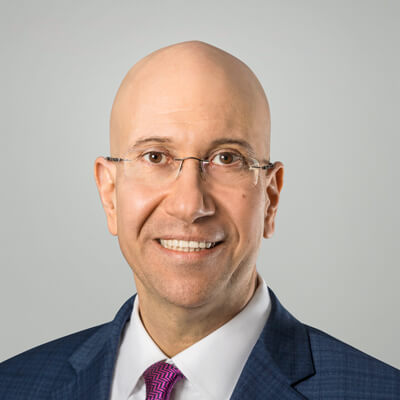Originally Published in

September 24, 2020
By Shimon Shkury, Ariel Property Advisors
Read The Article on Forbes
The Housing Stability and Tenant Protection Act of 2019 (HSTPA) left landlords of rent-stabilized multifamily properties to wonder why they should invest further capital in their buildings. Prior to the HSTPA the formula was simple: owners could raise rents in order to invest capital into much-needed repairs on the building or vacant units. This is no longer the case. The outcome, as the incentives are gone, is likely to be dilapidated rent-stabilized units.

Shimon Shkury,
President and Founder,
Ariel Property Advisors
While many landlords lost, tenants did not really win either. Rent-stabilized tenants now live in apartment buildings that are likely to deteriorate over time. When a resident vacates, their apartment will stay in its prior condition when a new tenant comes in at the same price. When the roof is leaky, the landlord will only patch it instead of replacing it. When the boiler breaks, the landlord will have no incentive to invest in upgrades.
At some point, the Rent Guidelines Board (RGB) will have to increase annual lease renewals to keep up with costs, and these potentially significant rent hikes can negatively affect current rent-stabilized tenants.
It makes sense then for rent-stabilized tenants and their advocates in New York City to work with landlords now. Without the proper investment in these assets over time, the units and buildings can become uninhabitable.
There are about one million rent-stabilized units in the City of New York and in order to preserve their quality, the city and state governments need to develop a mechanism for private capital to reinvest in these units without pricing out current residents.
Here are some practical suggestions that can help ensure everyone wins and rent-stabilized tenants can enjoy safe, healthy and habitable units:
Tenant In Place (TIP) Rehabilitation
Rent-stabilized tenants who choose to do so can ask landlords to rehab their units in exchange for property tax credits for the landlords. The concept is similar to a current program in some project-based section 8 assets throughout the country.
Individual Apartment Improvements (IAI)
These are a key element in preserving the dignity of rent-stabilized units over the years. When a vacancy occurs (or when the tenant agrees to a TIP rehab) any amount of money that goes into the unit should be recouped with a worthwhile return. Today’s cap of $89 per month for $15,000 of renovation (the maximum allowed in a 15-year period) is woefully inadequate. This needs to be recalculated.
Co-op and Condo Conversions
Owners would be able to sell affordable units to tenants within certain income brackets based on the area median income (AMI) but without percentage thresholds (currently 51% of existing tenants which is unrealistic). Affordable ownership is of great value to the city, and access should be expanded to encourage residential sales.
Property Tax Freezes
These can be implemented for properties with rents below a certain threshold.
Major Capital Improvements (MCI)
Capital improvements allow the landlord to repair building-wide issues before they become catastrophic. Like IAIs, they allow the landlord to recoup investments over a period. This incentive was taken away as part of the HSTPA, so landlords currently have little incentive to do more than wait for problems to build up. For example, if a boiler is old and not working as well as it used to, the landlord may be more likely to defer replacing it. Under previous MCI laws, responsible landlords would certainly want to address the issue before it became a major issue. A reinstatement or modification of the old MCI laws should trigger a meaningful form of rent increase.
Essentially, tenant and landlord representatives need to come up with sensible solutions that can benefit all stakeholders: tenants, landlords and the City of New York. The current situation is failing everyone.
More information is available from Shimon Shkury at 212.544.9500 ext.11 or e-mail sshkury@arielpa.com.